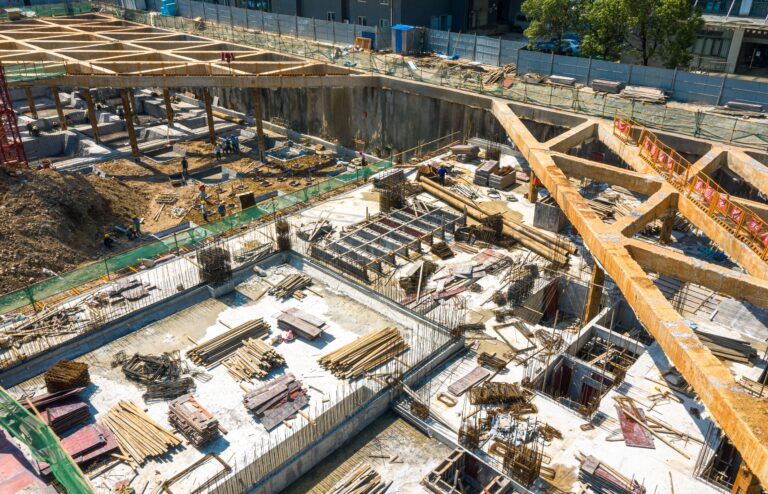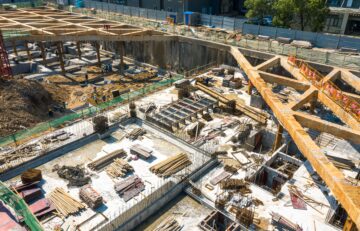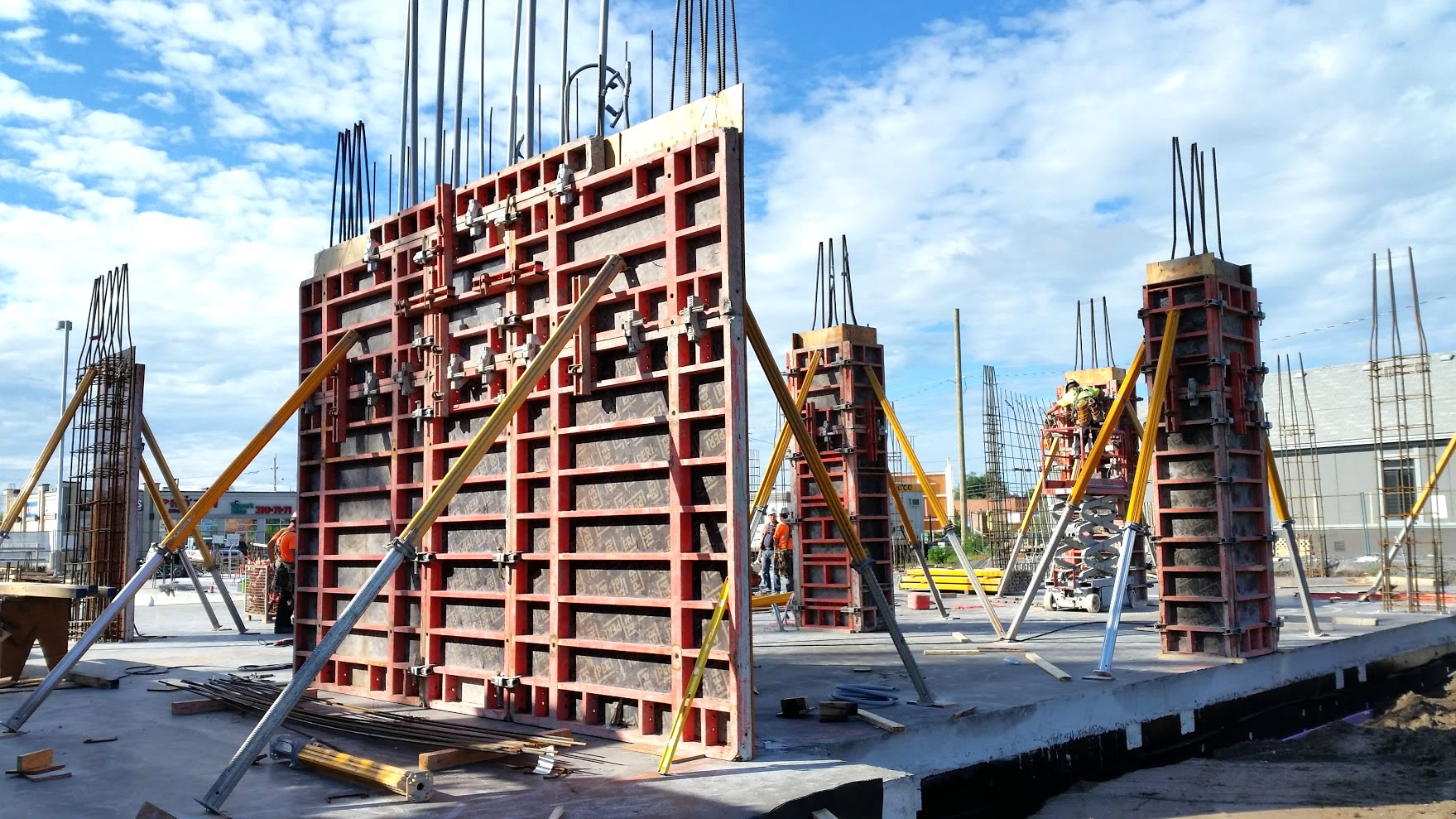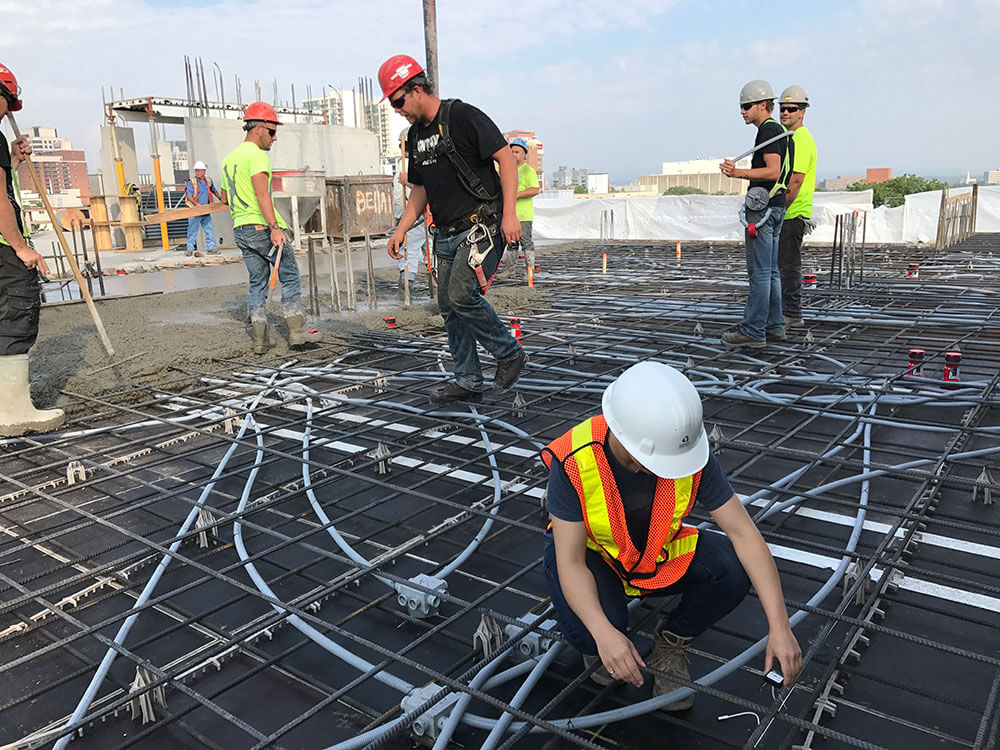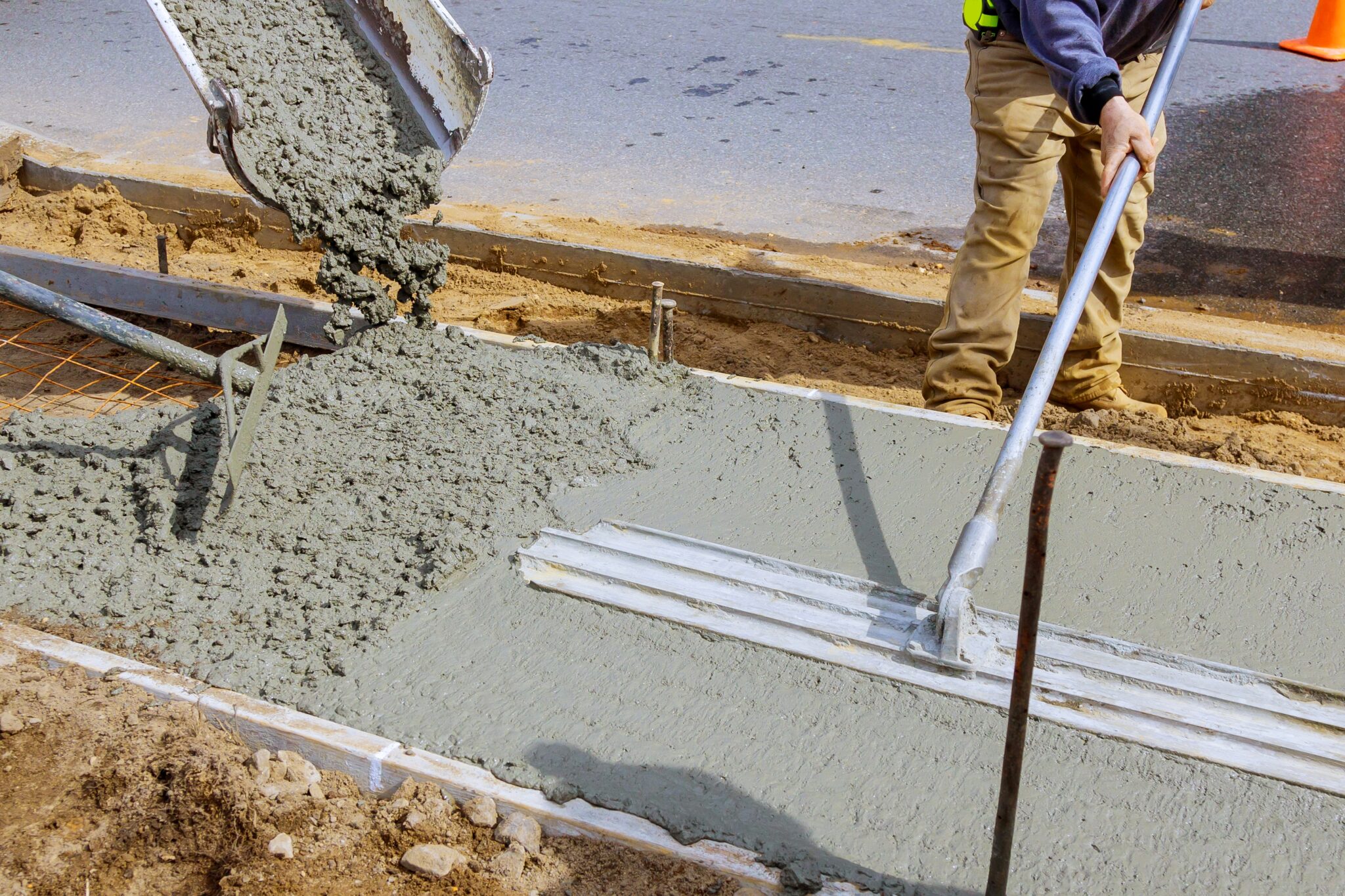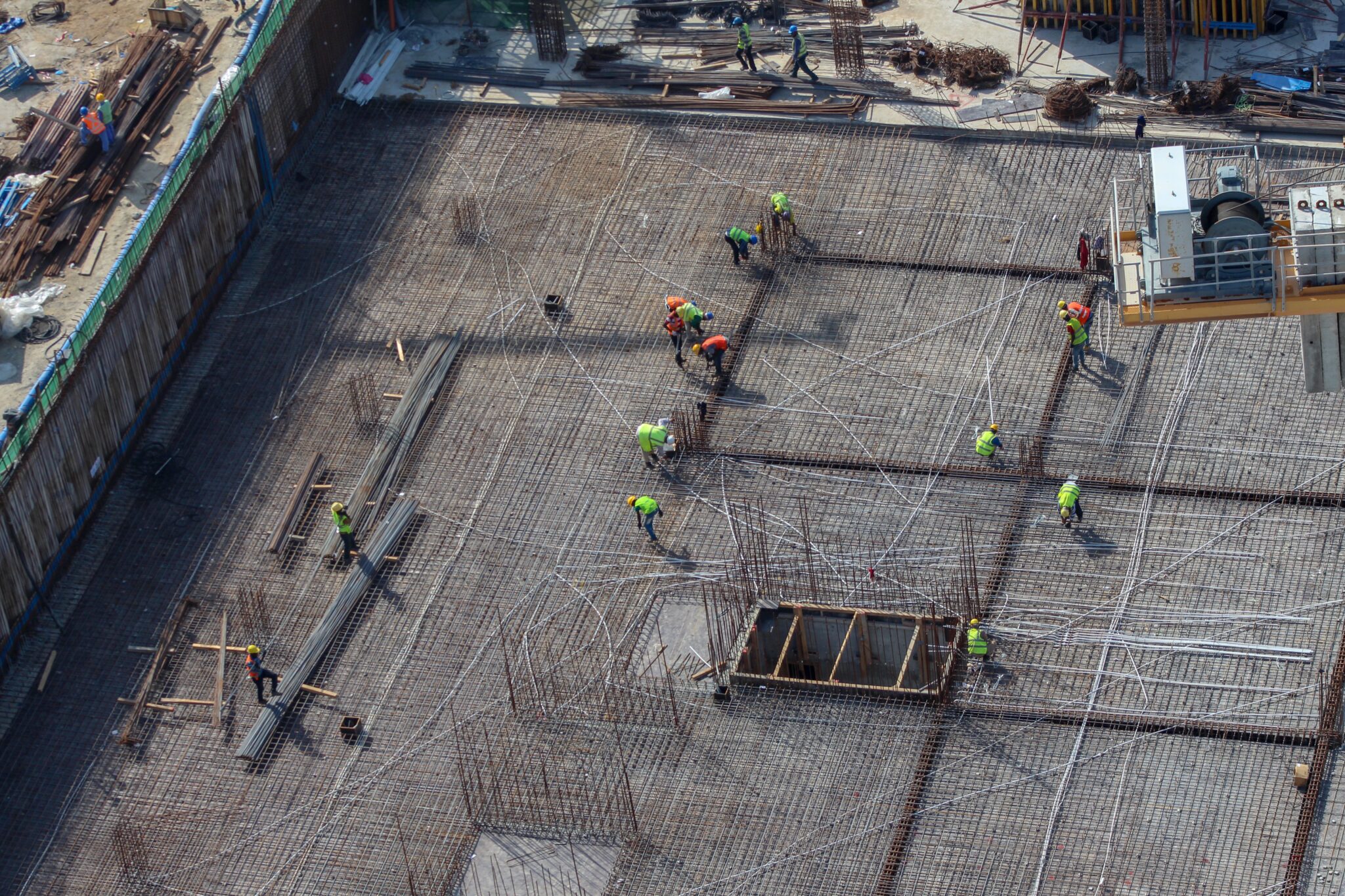Durability is a critical property of concrete that determines its ability to withstand environmental conditions and maintain its integrity over time. In Saudi Arabia, where structures are exposed to harsh climates, ensuring the durability of concrete is essential. In this blog, let’s discuss the importance of durability testing of concrete and the methods used to ensure long-lasting concrete structures in Saudi Arabia.
Explore 12 Futuristic Technology Trends Solving Concrete's Biggest Challenges.
Importance of Durability Testing
Durability testing is essential for assessing the long-term performance of concrete. It helps identify potential issues such as cracking, spalling, and corrosion, which can compromise the structural integrity and safety of buildings and infrastructure. By conducting durability tests, engineers can ensure that the concrete meets the required standards and can withstand the environmental conditions it will be exposed to.

Common Durability Tests
There are various methods to assess the durability of concrete:
- Compressive Strength Test
The compressive strength test is one of the most common durability tests. It measures the ability of concrete to withstand compressive loads without failing. This test is crucial for ensuring that the concrete has the necessary strength to support the loads it will encounter during its service life. With wireless concrete monitoring sensors like SmartRock™ sensors, know exactly when your concrete reaches the desired strength with real-time data and save on time, costs, and labour on your construction projects! - Water Permeability Test
The water permeability test assesses the ability of concrete to resist the penetration of water. This is important for preventing issues such as freeze-thaw damage, corrosion of reinforcement, and deterioration due to chemical attacks. Low permeability indicates good durability. - Chloride Ion Penetration Test
The chloride ion penetration test measures the resistance of concrete to chloride ions. This can cause corrosion of steel reinforcement. This test is particularly important for structures exposed to marine environments or de-icing salts. - Sulphate Resistance Test
The sulphate resistance test evaluates the ability of concrete to resist sulphate attack. This can cause expansion and cracking. This test is essential for structures exposed to sulphate-rich soils or groundwater. - Freeze-Thaw Resistance Test
The freeze-thaw resistance test assesses the ability of concrete to withstand cycles of freezing and thawing. This is important for structures in regions with fluctuating temperatures, as freeze-thaw cycles can cause cracking and spalling.
Best Practices for Ensuring Durability
Use of Quality Materials
Using high-quality materials is crucial for ensuring the durability of concrete. Select aggregates that are clean, well-graded, and free from impurities. The type and quality of cement used can also impact the durability of the concrete.
Proper Mix Design
A well-proportioned mix design is essential for achieving durable concrete. The mix should have the right balance of cement, aggregates, and water. It may include supplementary cementitious materials to enhance durability.
Adequate Curing
Proper curing is essential to ensure that the concrete achieves its desired properties. Curing methods such as water curing, using curing compounds, or covering the concrete with wet burlap can help maintain moisture and temperature conditions.
Regular Testing and Monitoring
Regular durability testing and monitoring are essential to identify potential issues and ensure that the concrete continues to perform well over time. This includes conducting tests during construction and periodic inspections throughout the service life of the structure.
Conclusion
Ensuring the durability of concrete is crucial for the success of construction projects in Saudi Arabia. By following best practices and conducting regular durability tests, builders can ensure that their structures are long-lasting and capable of withstanding harsh environmental conditions.
Learn how you can enhance your concrete durability with smart technology!
